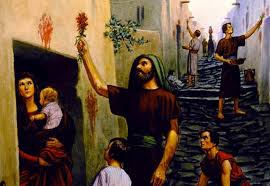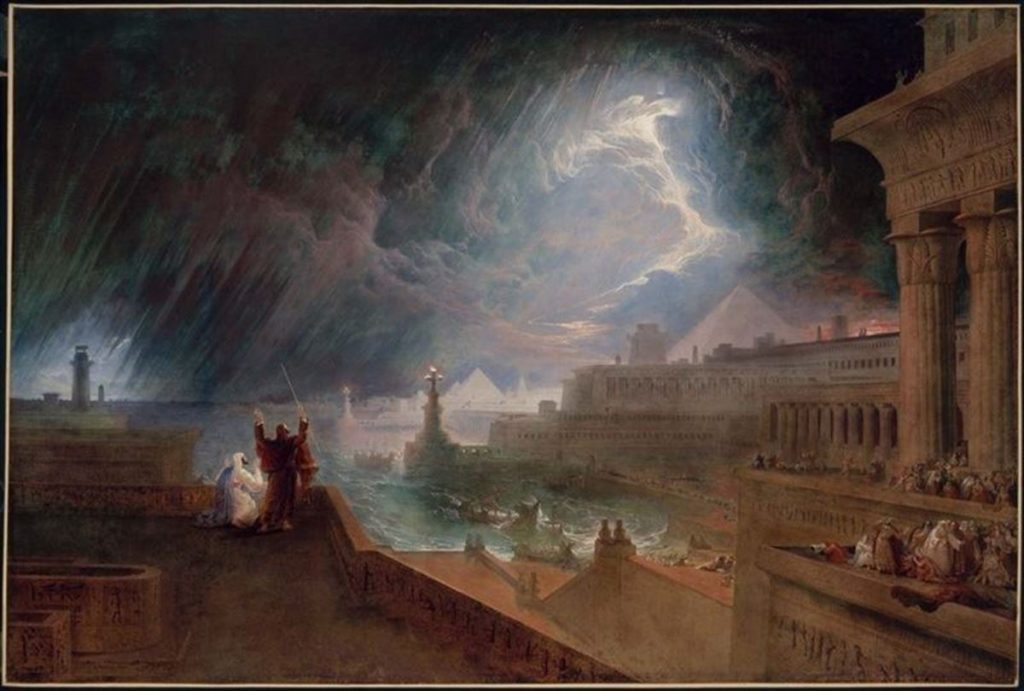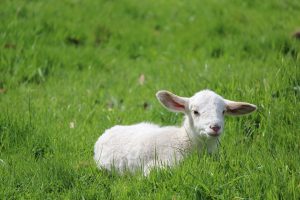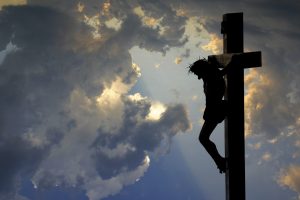The Firstfruits
God told Moses to speak to the children of Israel concerning His feasts:
“In the fourteenth day of the first month at evening is the Lord’s Passover. And on the fifteenth day of the same month is the feast of unleavened bread unto the LORD: seven days you must eat unleavened bread. … When you are come into the land which I give unto you, and shall reap the harvest thereof, then you shall bring a sheaf of the firstfruits of your harvest unto the priest.”
Leviticus 23:5-10
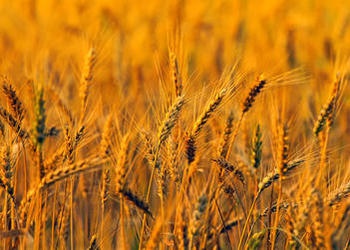
Does God require that you bring the first stalks of wheat that come out of your garden? What if you can’t grow wheat? Does that make you unacceptable? This seems silly. There must be more to this than what’s on the surface. Let’s take a look at other places in God’s word to see if we can gain a better understanding of what’s being said here…
…